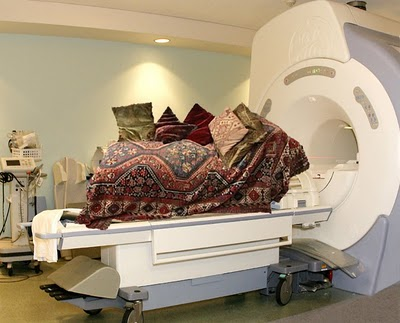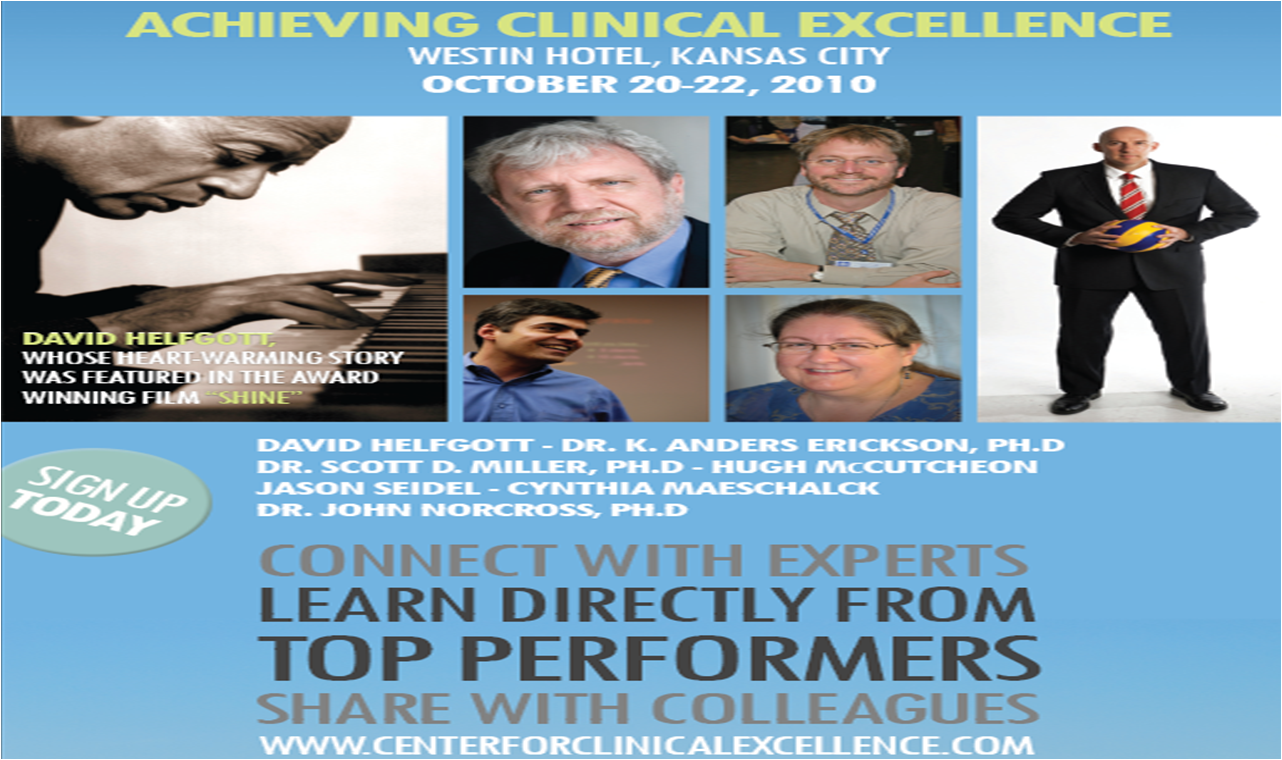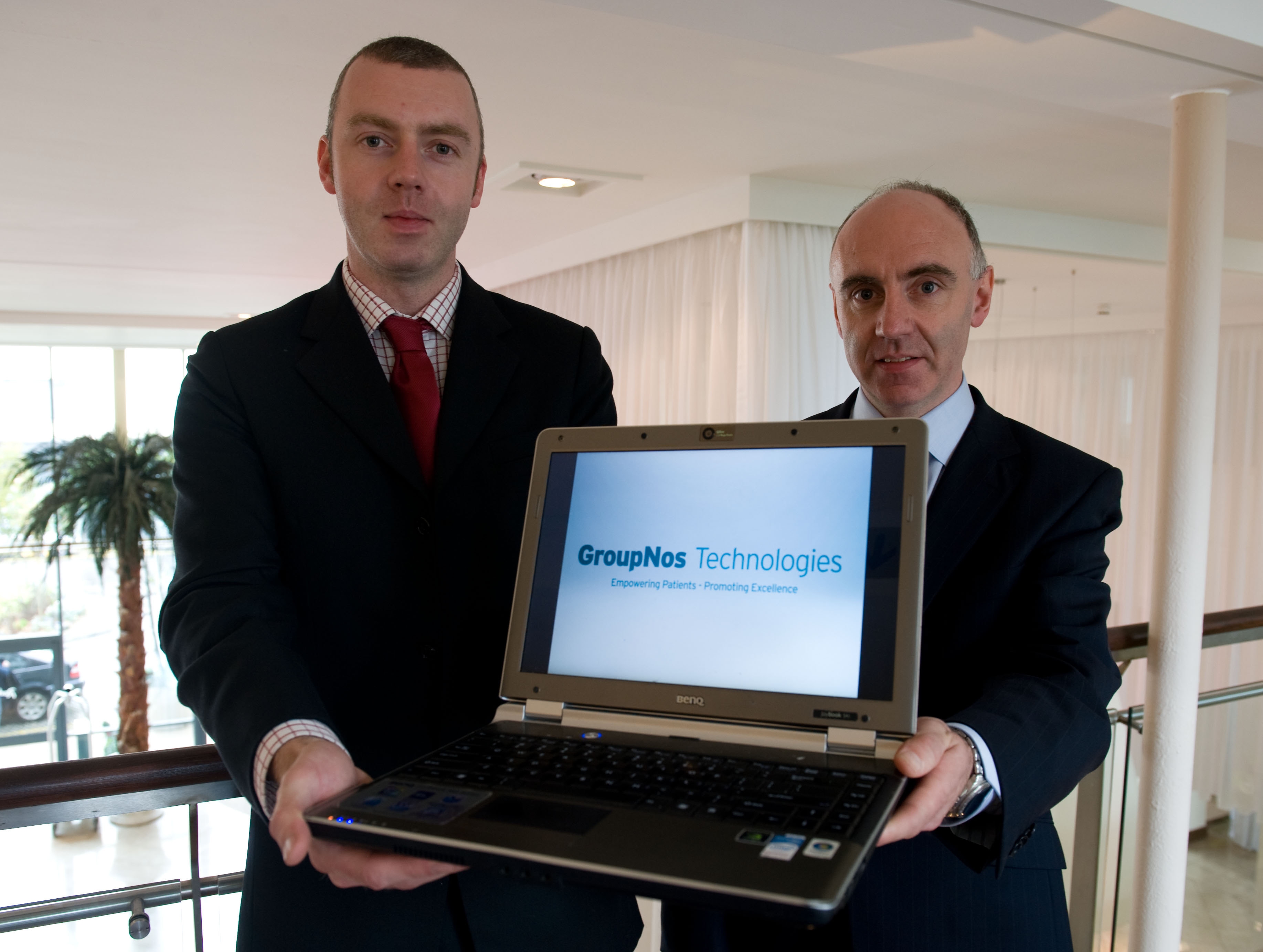
September 12, 2011
Copenhagen, Denmark
Fall is in the air. For me, that means the start of the travel season. For the next two weeks, I’ll be traveling throughout Scandanavia–this week in Denmark and Norway. It’s great to be back on the road meeting clinicians and consulting with agencies about feedback-informed treatment (FIT).
On this trip, I’m finally able to announce the publication of the Feedback-Informed Treatment Manuals. Over the summer, senior associates of the International Center for Clinical Excellence, together with the talented artists and graphic designers at The Change Companies, worked hard to complete the series.
.png)
.png)
The six manuals cover every aspect of feedback-informed practice including: empirical foundations, basic and advanced applications (including FIT in groups, couples, and with special populations), supervision, data analysis, and agency implementation. Each manual is written in clear, step-by-step, non-technical language, and is specifically designed to help practitioners and agencies integrate FIT into routine clinical practice. Indeed, the manuals were submitted as part of ICCE’s application for consideration of FIT as an “evidence-based practice” to the National Registry of Evidence-Based Programs and Practices. The manuals may be purchased separately or as a series in the bookstore.
While on the subject of registries, mention should be made that over the summer the American Psychological Association contacted me about listing the Outcome and Session Rating Scales in their official database of outcome tools for clinical practice (click here to see the listing). Taken together, the manuals, NREPP application, listing, and growing body of research evidence provide a compelling case for feedback-informed work.

.jpg)






.jpg)


